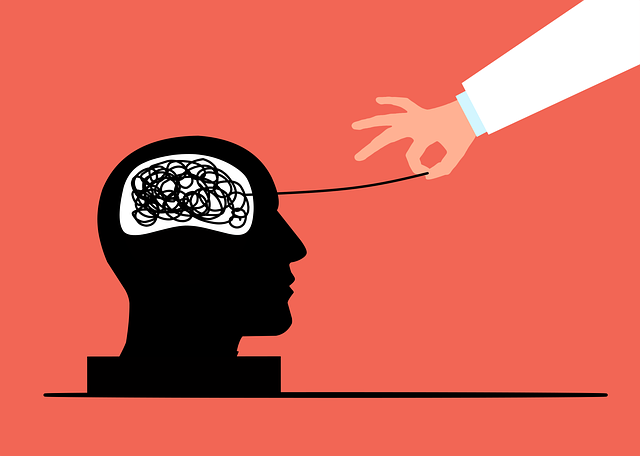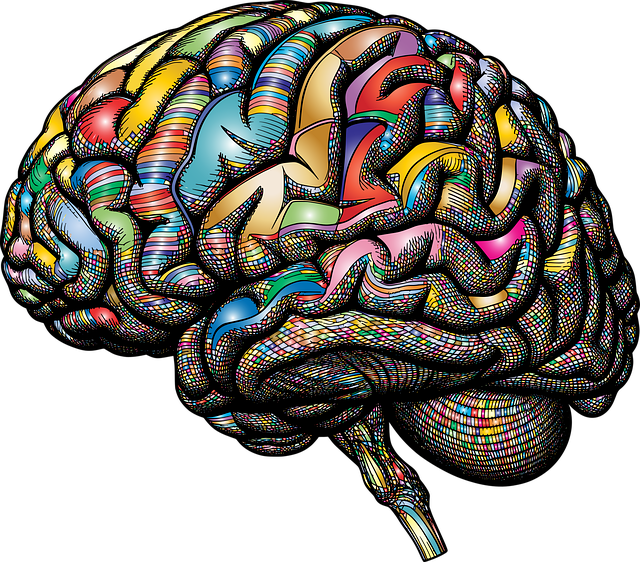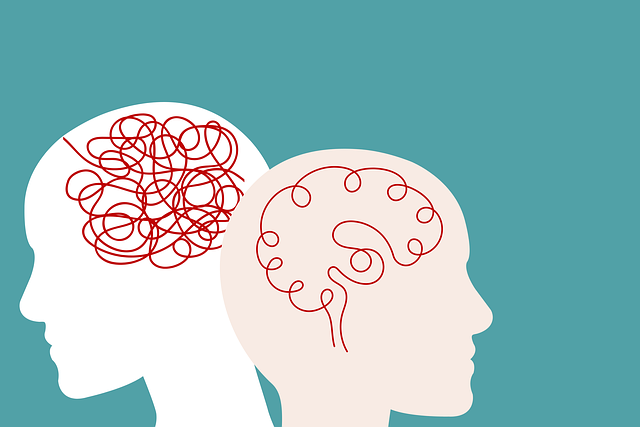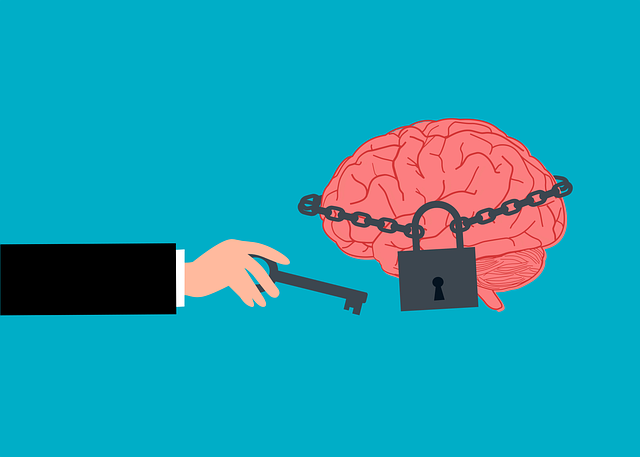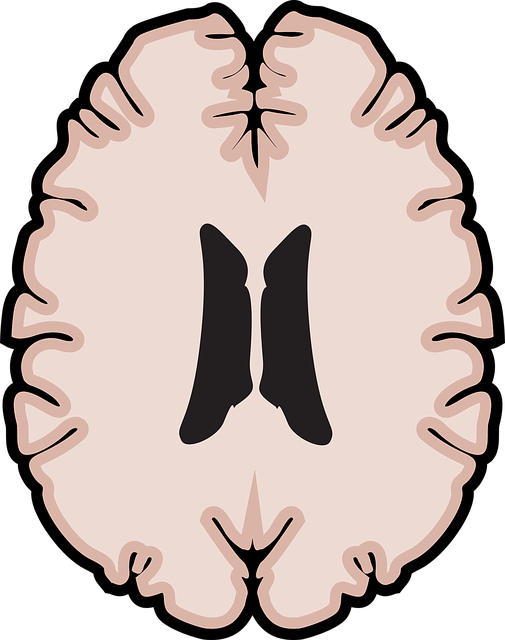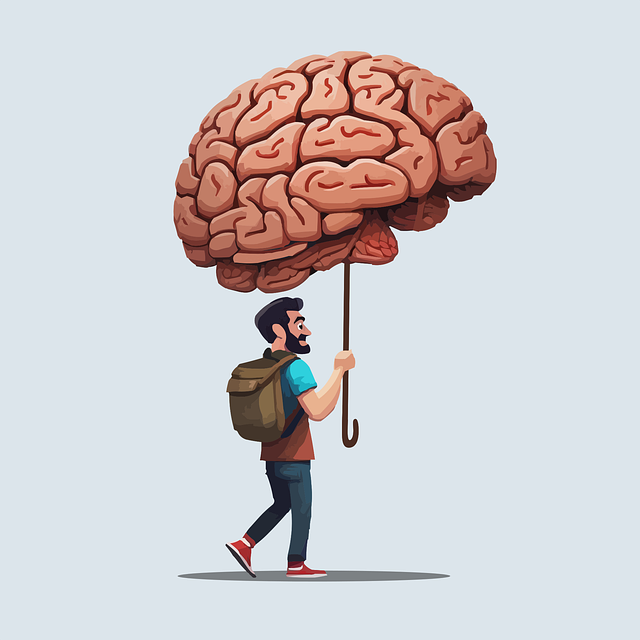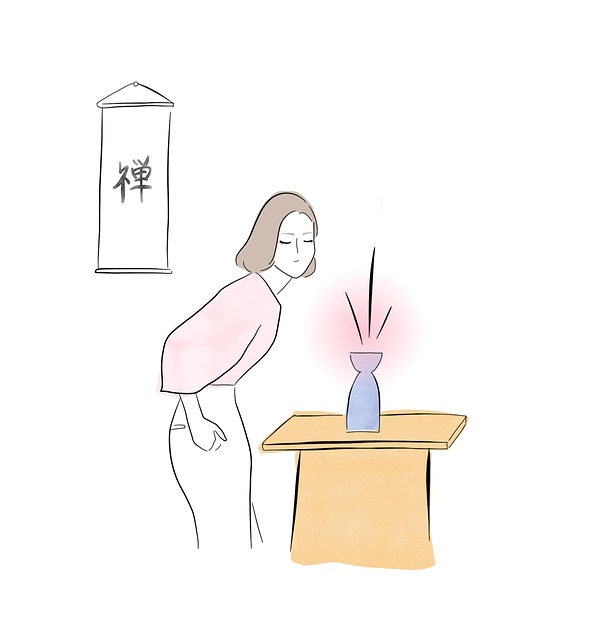Recognizing depression in elders is crucial due to its subtle manifestations. Physical symptoms can mask mental health struggles, emphasizing the need for early intervention through accessible therapy, such as compassion cultivation and emotional regulation. Lifestyle interventions like exercise, diet, and sleep improvements, alongside stress management techniques, offer effective management strategies. Tailored therapeutic approaches, including CBT and IPT, significantly enhance mental wellness in older adults. Building support systems through community involvement and technology is vital, connecting elders with family and friends while promoting resilience through conflict resolution, self-awareness, and mindfulness practices.
Depression among elders is a growing concern, but with the right strategies, it can be prevented. This comprehensive guide explores various avenues to combat this prevalent issue in seniors, focusing on early recognition and effective therapeutic approaches. Learn how lifestyle modifications, from diet to social engagement, can significantly impact mental well-being. We delve into evidence-based treatments, emphasizing the importance of professional support. Additionally, discover the power of support systems and resilience-building techniques tailored for elders seeking solace from depression.
- Recognizing the Signs of Depression in Elders
- Lifestyle Changes to Combat Depression
- Therapeutic Approaches for Senior Depression
- Building Support Systems and Fostering Resilience
Recognizing the Signs of Depression in Elders

Recognizing depression in elders is crucial as it can manifest differently compared to younger individuals. The subtle signs may include persistent feelings of sadness, loss of interest in activities once enjoyed, changes in appetite and sleep patterns, fatigue, difficulty concentrating, and comments about feeling worthless or guilty. As people age, they might also experience physical symptoms like chronic pain or digestive issues without realizing their mental health is at play.
The importance of early intervention cannot be overstated, especially when considering the increased risk factors for depression in older adults. Access to therapy for elders with depression can prove invaluable, offering evidence-based approaches tailored to their unique needs. Techniques such as compassion cultivation practices and emotional regulation strategies can help improve self-esteem and overall well-being.
Lifestyle Changes to Combat Depression

Depression can often be mitigated through simple yet powerful lifestyle changes, especially for elders who may be at a higher risk. Encouraging regular physical activity, even brief walks each day, has been shown to boost mood and reduce symptoms of depression. A balanced diet rich in fruits, vegetables, and whole grains is another cornerstone of mental wellness. This involves not only ensuring adequate nutrition but also fostering a mindful relationship with food.
Additionally, establishing and maintaining a consistent sleep schedule can profoundly impact mental health. Quality sleep allows the brain to restore and rejuvenate, which is crucial for managing stress and preventing burnout, particularly relevant for healthcare providers through our Burnout Prevention Strategies for Healthcare Providers. Engaging in relaxing activities before bed, such as reading or listening to a Mental Wellness Podcast Series Production, can signal to the body that it’s time to wind down. These simple yet effective Stress Management Workshops Organization techniques can significantly contribute to overall mental wellness and prevent the onset of depression.
Therapeutic Approaches for Senior Depression

Depression among seniors is a significant concern, but there are therapeutic approaches tailored to their unique needs. One effective strategy involves cognitive-behavioral therapy (CBT), which helps individuals identify and challenge negative thought patterns, thereby improving mood management. This type of therapy encourages active participation, teaching elders coping mechanisms and problem-solving skills to combat depression.
Additionally, interpersonal therapy (IPT) is valuable for addressing social isolation and relationship issues, common factors contributing to burnout prevention in seniors. IPT facilitates meaningful connections by enhancing communication skills and building a supportive network. Combining CBT with IPT can significantly improve mental wellness, offering a comprehensive solution for older adults dealing with depression, as highlighted in our popular Mental Wellness Podcast Series Production.
Building Support Systems and Fostering Resilience

Building strong support systems is a vital strategy in preventing and managing depression, especially for elders. Social connections play a crucial role in mental health, offering a sense of belonging and purpose. Encouraging participation in community groups, social clubs, or volunteer work can help foster new friendships and provide regular social interaction. This network of peers can offer emotional support, understanding, and practical assistance during challenging times. For elders who may feel isolated due to mobility issues or living alone, technology can be a game-changer. Video calls, social media platforms, and messaging apps allow them to stay connected with family and friends, reducing feelings of loneliness and depression.
Fostering resilience is another key component in prevention. Encouraging self-care practices like regular exercise, healthy eating, and adequate sleep can boost mood and overall well-being. Additionally, teaching conflict resolution techniques and self-awareness exercises can empower individuals to navigate life’s challenges more effectively. Mindfulness practices have been shown to reduce symptoms of depression by promoting a sense of calm and improving one’s ability to cope with stress. These resilience-building strategies enable elders to better manage difficult situations, enhancing their overall mental health and potentially preventing depressive episodes.
Depression among seniors is a serious yet treatable issue. By recognizing early signs, implementing lifestyle changes, exploring therapeutic approaches like cognitive-behavioral therapy for elders depression, and building robust support systems, we can effectively foster resilience and enhance the well-being of our aging population. These strategies not only help prevent depression but also promote a higher quality of life for seniors.
